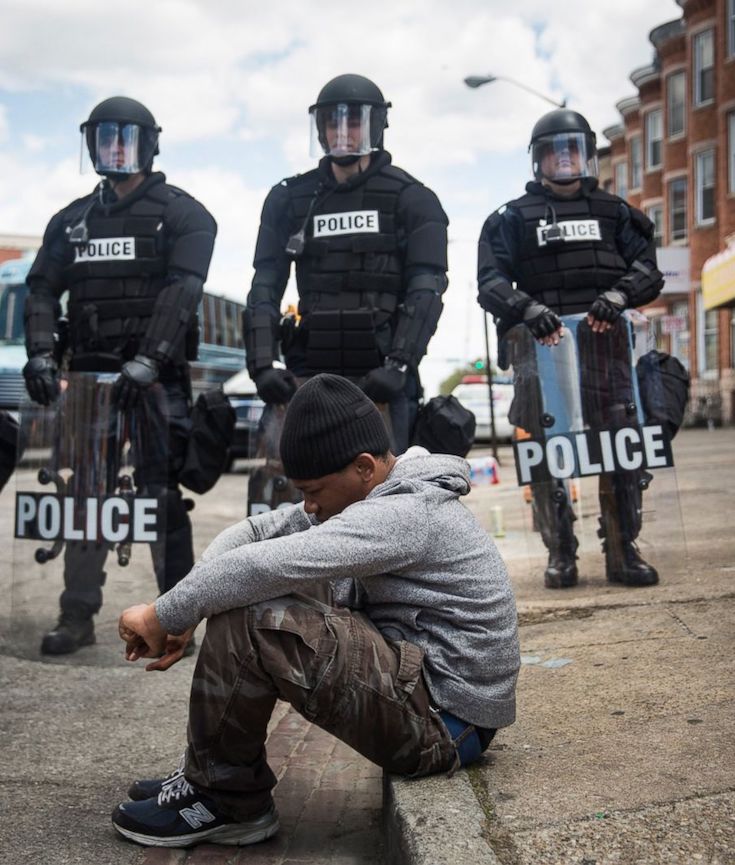[dropcap]Activists[/dropcap] Kwame Rose and Makayla Gilliam-Price appeared alongside director Sonja Sohn Wednesday at the Television Critics Association’s summer meeting to discuss the documentary premiering on HBO in November.
The film chronicles the passionate feelings on all sides after Gray died a week after suffering a critical spinal injury while in police custody in 2015.
He was a 25-year-old arrested for what police described as an illegal switchblade. The city of Baltimore eventually reached a $6.4 million settlement with Gray’s parents.
[mc4wp_form id=”6042″]
 Photo | David Goldman/AP Photo
Photo | David Goldman/AP Photo



 Photo | Andrew Burton/Getty Images
Photo | Andrew Burton/Getty Images
On April 12, 2015, Baltimore Police Department officers arrested Freddie Gray, a 25-year-old African American resident of Baltimore, Maryland. Gray sustained injuries to his neck and spine while in transport in a police vehicle. On April 18, 2015, after Gray’s subsequent coma, the residents of Baltimore rioted in front of the Western district police station. Gray died the following day, April 19, 2015, a week after the arrest.
Further riots were organized after Gray’s death became public knowledge, amid the police department’s continuing inability to adequately or consistently explain the events following the arrest and the injuries. Spontaneous riots started after the funeral service, although several included violent elements. Civil unrest continued with at least twenty police officers injured, at least 250 people arrested, 285 to 350 businesses damaged, 150 vehicle fires, 60 structure fires, 27 drugstores looted, thousands of police and Maryland National Guard troops deployed, and with a state of emergency declared in the city limits of Baltimore. The state of emergency was lifted on May 6.
On May 1, 2015, Gray’s death was ruled by the medical examiner to be a homicide. Six officers were charged with various offenses, including second-degree murder, in connection with Gray’s death. Three officers were subsequently acquitted; in July 2016, following the acquittals, Baltimore City State’s Attorney Marilyn Mosby dropped charges against the remaining three officers. (Wikipedia).




You must be logged in to post a comment.